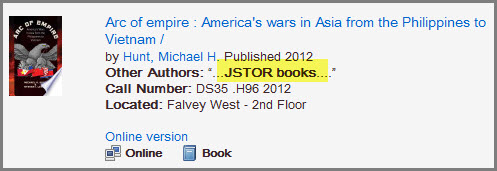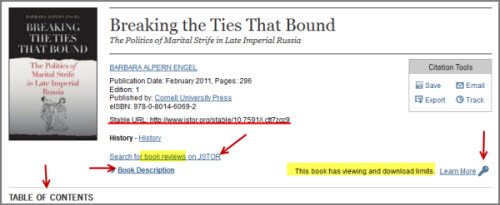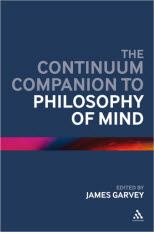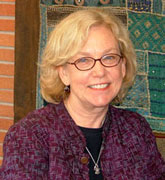New DVDs!
A bunch of new DVDs on a diverse set of topics have recently arrived in the library. See the whole list, or check out some highlights below.
Half the Sky: Turning oppression into opportunity for women worldwide
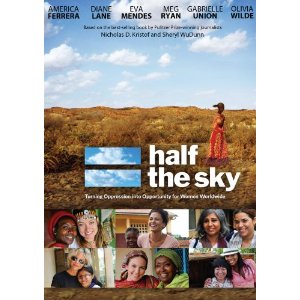 Documentary Film (2012)
Documentary Film (2012)
Inspired by Nicholas Kristof and Sheryl WuDunn’s groundbreaking book, HALF THE SKY: TURNING OPPRESSION INTO OPPORTUNITY FOR WOMEN WORLDWIDE takes on the central moral challenge of the 21st century: the oppression of women and girls worldwide.
Take an unforgettable journey with six actress/advocates and New York Times journalist Kristof to meet some of the most courageous individuals of our time, who are doing extraordinary work to empower women and girls everywhere. These are stories of heartbreaking challenge, dramatic transformation and enduring hope. You will be shocked, outraged, brought to tears. Most important, you will be inspired by the resilience of the human spirit and the capabilities of women and girls to realize their staggering potential.
Money, Power & Wall Street
 Documentary Film – A Frontline Production (2012)
Documentary Film – A Frontline Production (2012)
In a special 4-hour investigation FRONTLINE tells the inside story of the struggles to rescue and repair a shattered economy exploring key decisions missed opportunities and the unprecedented and uneasy partnership between government leaders and titans of finance that affects the fortunes of millions of people around the world.
First Position
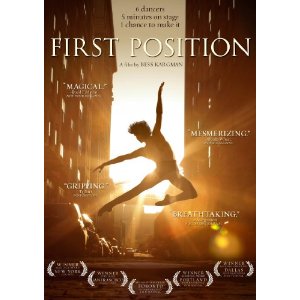 Documentary Film (2012)
Documentary Film (2012)
Every year, thousands of aspiring dancers enter one of the world’s most prestigious ballet competitions, the Youth America Grand Prix, where lifelong dreams are at stake. In the final round, with hundreds competing for only a handful of elite scholarships and contracts, practice and discipline are paramount, and nothing short of perfection is expected. The box office hit documentary, Bess Kargman’s award-winning FIRST POSITION follows six young dancers as they prepare for a chance to enter the world of professional ballet, struggling through bloodied feet, near exhaustion and debilitating injuries, all while navigating the drama of adolescence. A showcase of awe-inspiring talent, tenacity and passion, FIRST POSITION paints a thrilling and moving portrait of the most gifted young ballet stars of tomorrow.
Slavoj Zizek, the Reality of the Virtual
 Interview (2007)
Interview (2007)
Slavoj Zizek is a realist thinker. Zizek is always trying to think from the standpoint of the real and, at the same time, to think through the standpoint of the real. Going beyond the Lacanian Real what resists symbolization or marks the limit that is both obstacle and access to the real this is an examination of those real elements (which may or may not resist symbolization) that constitute the nodal points of our worldly existence, the points that undermine all systematic attempts to determine this existence in advance and by means of externally derived iron laws. It is unlikely that Zizek himself would put the matter in this fashion. This is because his strategy is precisely to flirt with iron principles (what he has most recently named lost causes) in order to expose how the political contingencies of our world are nowadays veiled by a palliative language that uses the alibi of contingency to defeat principles…
Albert Nobbs
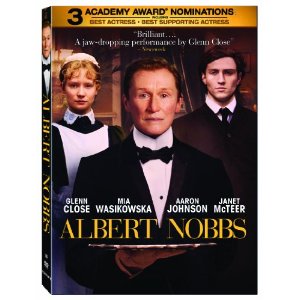 Feature Film (2012)
Feature Film (2012)
Nominated for 3 Academy Awards including Best Actress and Best Supporting Actress, Glenn Close (Albert Nobbs) gives a “powerhouse performance” (New York Post) as a woman who passes as a man in order to work and survive in 19th century Ireland. Some thirty years after donning men’s clothing, she finds herself trapped in a prison of her own making. Also starring a prestigious international cast including Mia Wasikowska, Aaron Johnson, Janet McTeer, Brendan Gleeson and Jonathan Rhys Meyers, ALBERT NOBBS is a “terrific” (IndieWIRE) film adapted from the short story by Irish author George Moore.
*DVD cover photos and summaries from amazon.com.

